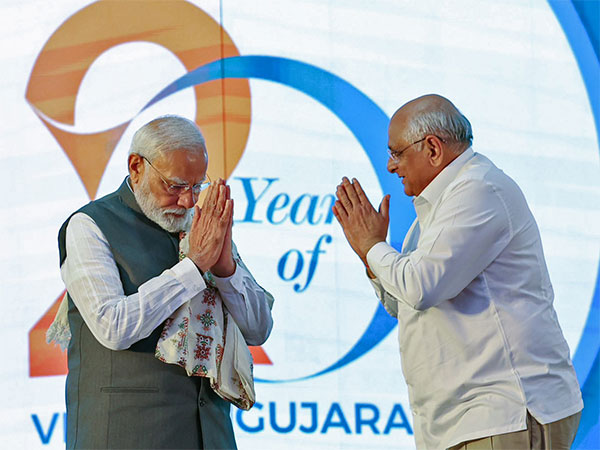Empowering India's Micro Food Processing Revolution: Success Stories from Gujarat
The Pradhan Mantri Formalisation of Micro Food Processing Enterprises (PMFME) Scheme is driving growth in India's unorganised micro food processing sector by providing financial and technical support. Gujarat, under Chief Minister Bhupendra Patel, is a leader in its implementation, exemplified by inspiring success stories such as Surbhi Wafers and Ghanshyam Flour Mill.

- Country:
- India
The Pradhan Mantri Formalisation of Micro Food Processing Enterprises (PMFME) Scheme, part of the Aatmanirbhar Bharat Abhiyan led by Prime Minister Narendra Modi, was launched on June 29, 2020, by the Ministry of Food Processing Industries. This transformative initiative aims to bolster India's vast unorganised micro food processing sector through financial, technical, and business support. In line with the broader national vision of Viksit Bharat@2047, the scheme is pivotal in Gujarat's journey towards Viksit Gujarat, enabling local enterprises to compete on a global scale.
Under the leadership of Chief Minister Bhupendra Patel, Gujarat has emerged as a leader in implementing the PMFME scheme, with 675 beneficiaries enrolled successfully. The state has achieved synergy between central assistance and state-level facilitation, allowing micro food processing units to scale operations, adopt advanced technologies, and explore new markets. These efforts align with the vision of Viksit Bharat and underscore the state's dedication to inclusive economic growth.
In Navsari, Gujarat, Lalit Thummar turned a humble kitchen experiment into Surbhi Wafers Pvt Ltd, exporting 1.5 tonnes of banana wafers daily to seven countries. Initially producing 1-2 kg of homemade wafers, manual methods failed to meet soaring demand. Through the PMFME scheme, Lalitbhai transitioned to automated machinery, enhancing production capacity, hygiene, quality, and shelf life, while creating local jobs, particularly for women, and ensuring timely procurement for banana farmers. Surbhi Wafers now enjoys recognition for its authentic taste across Asia, Europe, and the Middle East.
Equally inspiring is Bakulesh D. Nagar from Ahmedabad, whose business producing protein powders and energy drinks expanded to meet demand from health-conscious consumers and fitness centers. Supported by the PMFME scheme, he received expert guidance and a 35% credit-linked capital subsidy, enabling facility upgrades. This resulted in a notable increase in output quality, efficiency, and brand value, exemplifying the scheme's focus on quality enhancement, innovation, and job creation.
Further highlighting the scheme's impact is Ghanshyam Flour Mill, founded by Mayur Vaghasiya in Surat. From a 10x10 sq ft rented shop with three employees, it has evolved into an enterprise with three factories, eight retail outlets, and 40 staff members. Inspired by his father's perseverance, Mayur grew the business from the ground up, showcasing the power of systematic planning and teamwork. Today, it produces over 52 types of flour, including export variants, strengthening its market presence through innovative packaging and factory expansion.
The PMFME scheme provides a robust support framework, featuring a 35% capital subsidy on eligible project costs, seed capital for Self-Help Groups, 50% branding and marketing assistance, and comprehensive technical and business training programs. These initiatives aim to enhance operational efficiency, product quality, and the micro food processing ecosystem. (ANI)
(With inputs from agencies.)










